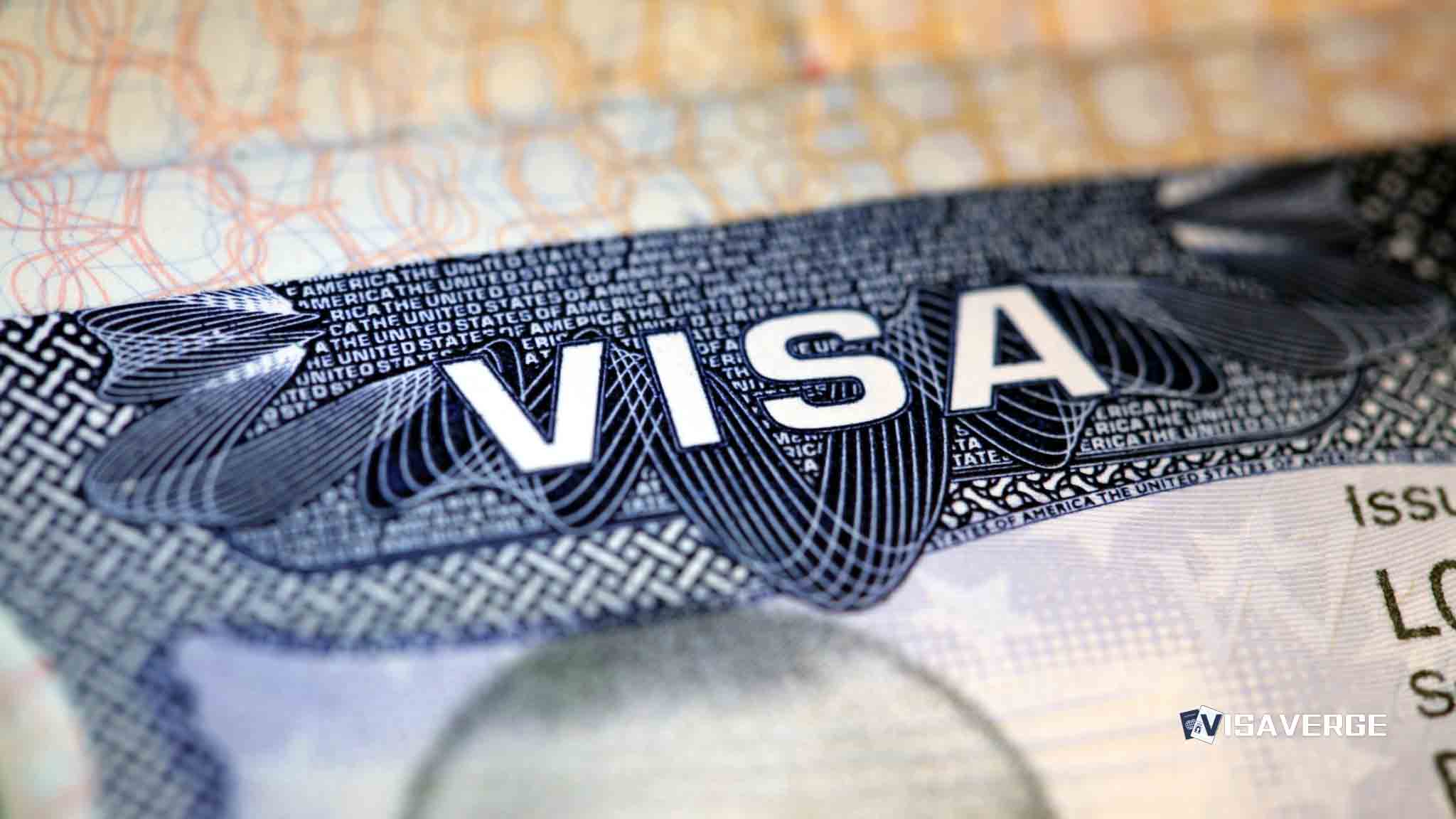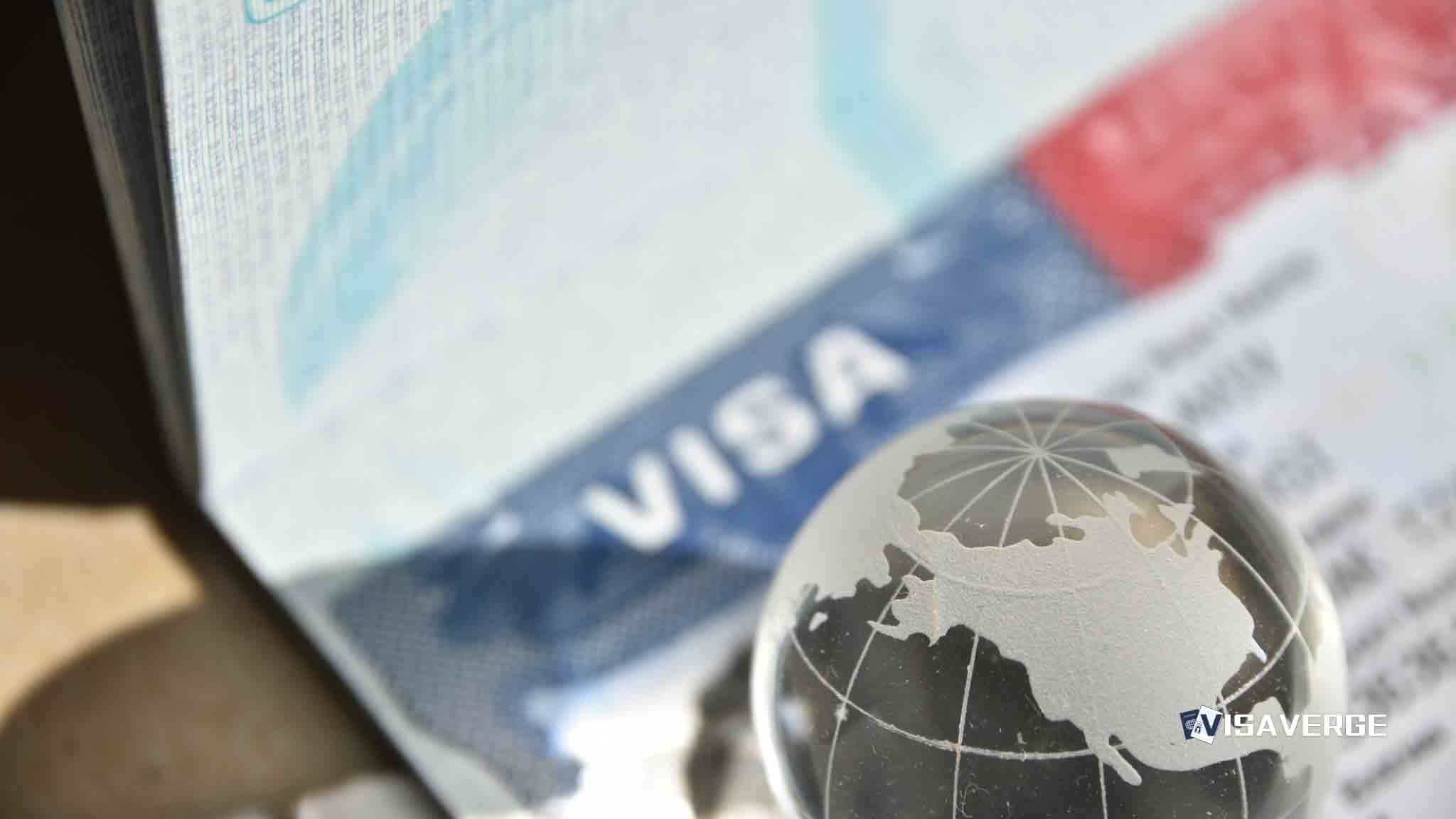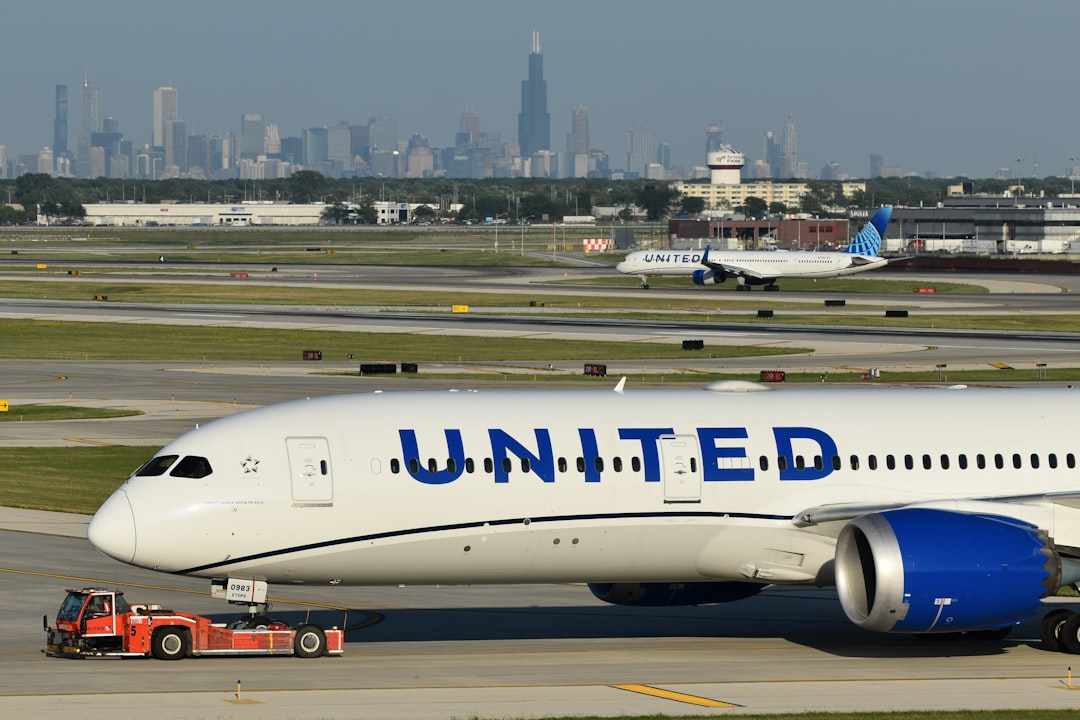Key Takeaways
• Starting Jan 17, 2025, USCIS requires new Form I-129 for all H-1B petitions with stricter details.
• Employers must pay H-1B workers at least the prevailing wage to avoid penalties and audits.
• USCIS increases oversight on fraud, duplicate registrations, wage accuracy, with possible IRS and ICE involvement.
Employers Sponsoring H-1B Workers Face New Scrutiny Under 2025 Compliance Rules
Employers in the United States 🇺🇸 who sponsor H-1B workers are now facing a new era of oversight and enforcement. As of July 3, 2025, the U.S. government has rolled out major policy changes that affect how companies hire and manage foreign workers under the H-1B visa program. These changes, led by the U.S. Citizenship and Immigration Services (USCIS) and the Department of Homeland Security (DHS), are designed to reduce fraud, increase fairness, and make it easier for employers to follow the rules. However, they also bring stricter compliance checks and the possibility of more attention from agencies like the Internal Revenue Service (IRS) and Immigration and Customs Enforcement (ICE).

This article explains what these changes mean, why they matter, and how employers and H-1B workers can prepare for the new environment. We’ll break down the most important updates, discuss the risks of increased scrutiny, and offer practical steps for staying compliant.
What’s Changed in the H-1B Program?
New H-1B Regulations for 2025
Starting January 17, 2025, USCIS introduced new rules for the H-1B program. These rules are meant to:
- Reduce fraud by making it harder to misuse the H-1B system
- Increase fairness so that all applicants have a better chance
- Simplify compliance for employers, making it easier to follow the law
One of the biggest changes is the requirement to use a redesigned Form I-129 for all H-1B petitions. This form is the main document employers use to ask for permission to hire a foreign worker in a specialty job. The new version asks for more details and is designed to help USCIS spot problems or mistakes more quickly.
Employers must also make sure that job offers and wage payments meet new standards. This means paying H-1B workers at least the “prevailing wage,” which is the average wage for similar jobs in the same area. The goal is to protect both U.S. and foreign workers from unfair pay.
Stronger Compliance and Oversight
USCIS has stepped up its efforts to watch for fraud and misuse in the H-1B program. This includes:
- Checking for duplicate registrations: Some employers try to increase their chances in the H-1B lottery by registering the same worker more than once. USCIS is now watching for this and will take action against companies that break the rules.
- Reviewing job details and wages: USCIS is making sure that the jobs offered to H-1B workers are real, meet the required skill level, and pay the correct wage.
- Auditing employers: There is a higher chance that USCIS or other agencies will audit employers to check if they are following all the rules.
The Department of Homeland Security (DHS) has also issued a final rule to modernize the H-1B program. This rule, which took effect on January 17, 2025, clarifies what is required from employers and workers, speeds up some processes, and adds new checks to make sure the system is fair and honest.
Why Are Employers Facing More Scrutiny?
Focus on Fraud and Abuse
The U.S. government wants to make sure that the H-1B program is used for its intended purpose: to bring in skilled workers for jobs that are hard to fill with U.S. workers. In the past, some companies have tried to cheat the system by:
- Filing multiple registrations for the same worker
- Offering fake jobs or paying less than the required wage
- Not following the rules for job duties or work locations
To stop this, USCIS and DHS have made it clear that they will be watching more closely. Employers who break the rules risk having their petitions denied, facing fines, or even being banned from the program.
Possible IRS and ICE Involvement
While there are no official announcements about new IRS or ICE investigations tied directly to the latest H-1B rules, experts warn that increased scrutiny from USCIS could lead to more attention from these agencies as well. Here’s why:
- IRS: The IRS checks if employers are paying the correct wages and taxes for all workers, including those on H-1B visas. If USCIS finds problems with wage payments, the IRS may get involved to investigate tax issues.
- ICE: ICE is responsible for making sure employers follow immigration laws. If there are signs of fraud or misuse, ICE can audit companies, check their records, and take enforcement actions.
Employers should expect that any problems found by USCIS could be shared with other agencies, leading to broader investigations.
What Should Employers Do Now?
Steps to Prepare for Increased Scrutiny
Employers who sponsor H-1B workers need to be proactive. Here are some key steps to take:
1. Use the Correct Form I-129
Starting January 17, 2025, all H-1B petitions must use the new Form I-129. This form asks for more information and is designed to catch mistakes or fraud. Make sure you download the latest version from the official USCIS website.
2. Meet Prevailing Wage Requirements
Employers must pay H-1B workers at least the prevailing wage for their job and location. This is checked during the petition process and can be audited later. Failing to pay the correct wage can lead to serious penalties.
3. Keep Accurate Records
Maintain detailed records for each H-1B worker, including:
- Job offer letters
- Wage statements and pay stubs
- Work location details
- Copies of all immigration forms and approvals
These records should be ready in case of an audit by USCIS, IRS, or ICE.
4. Conduct Regular I-9 Audits
The I-9 form is used to verify that all employees are allowed to work in the United States 🇺🇸. Regularly reviewing your I-9 records helps catch mistakes early and shows good faith if you are audited.
5. Use E-Verify Where Required
E-Verify is an online system that checks if employees are legally allowed to work in the United States 🇺🇸. Some states and federal contracts require its use. Even if it’s not required, using E-Verify can help show that you are serious about compliance.
6. Get Legal Advice
Immigration law is complex and changes often. Working with an experienced immigration attorney can help you avoid mistakes and respond quickly to any problems.
Supporting H-1B Employees
Employers should also support their H-1B workers during this time of change. This means:
- Communicating clearly about policy updates and what they mean for employees
- Offering flexible policies if workers need extra time or help with paperwork
- Providing access to legal counsel for immigration questions
A supportive approach helps workers feel secure and reduces the risk of mistakes.
What Are the Risks of Non-Compliance?
Penalties for Employers
Employers who fail to follow the new H-1B rules face serious consequences, including:
- Denial of H-1B petitions: If USCIS finds problems, they can reject current and future petitions.
- Fines and penalties: Breaking wage or job requirements can lead to large fines.
- Debarment: Employers who commit serious violations can be banned from the H-1B program for years.
- IRS and ICE investigations: Problems found by USCIS can be shared with other agencies, leading to tax audits or immigration enforcement actions.
Impact on H-1B Workers
Workers can also be affected if their employer is found to be non-compliant:
- Loss of status: If a petition is denied or revoked, the worker may lose their legal status and have to leave the United States 🇺🇸.
- Delays in processing: Increased scrutiny can slow down the approval process, causing stress and uncertainty.
- Difficulty changing jobs: Workers may find it harder to transfer to a new employer if there are questions about their current petition.
What’s Next for the H-1B Program?
Future Changes on the Horizon
The Department of Labor (DOL) is expected to update the PERM system, which is used for permanent labor certification, and to change how prevailing wages are calculated. These changes could affect how much employers must pay H-1B workers and how they plan for long-term sponsorship.
Employers should keep an eye on these developments and plan their hiring and sponsorship strategies accordingly.
Stakeholder Perspectives
Employers, immigration attorneys, and advocacy groups all agree that compliance and transparency are more important than ever. According to analysis by VisaVerge.com, staying up to date with policy changes and working closely with legal counsel is the best way to avoid problems.
Employers should:
- Review all H-1B petitions for accuracy and completeness
- Update internal policies to match new requirements
- Train HR staff on the latest rules and best practices
Where to Find Official Information
For the most accurate and up-to-date information, employers and H-1B workers should use official government resources:
- USCIS H-1B Program Page: The USCIS website provides detailed information on the H-1B program, including eligibility, filing instructions, and compliance tips.
- Form I-129: Always use the latest version of Form I-129 for H-1B petitions.
- DHS Website: The Department of Homeland Security offers updates on immigration rules and enforcement.
These resources are updated regularly and should be your first stop for any questions about the H-1B program.
Practical Takeaways for Employers and Workers
- Stay informed: Policy changes can happen quickly. Sign up for updates from USCIS and DHS.
- Be proactive: Review your current H-1B petitions and records to make sure they meet the new standards.
- Communicate: Keep your H-1B workers informed about changes and offer support as needed.
- Seek legal help: Don’t wait until there’s a problem. Work with an immigration attorney to review your processes and fix any issues.
Conclusion
The 2025 changes to the H-1B program mark a new chapter for employers and foreign workers in the United States 🇺🇸. With stricter rules, a redesigned Form I-129, and more active enforcement by USCIS, companies must pay close attention to compliance. While there is no official word on increased IRS or ICE investigations tied directly to these changes, the risk of broader scrutiny is real.
Employers who take the time to understand the new rules, keep accurate records, and support their workers will be best positioned to succeed. By using official resources and working with legal experts, companies can avoid costly mistakes and help their H-1B employees thrive.
For more in-depth analysis and updates on immigration policy, VisaVerge.com reports that staying ahead of compliance requirements is the key to a smooth and successful H-1B sponsorship process.
Learn Today
H-1B Visa → A U.S. work visa allowing foreign professionals to work in specialty occupations temporarily.
USCIS → U.S. Citizenship and Immigration Services, the agency managing immigration applications and enforcement.
Form I-129 → The petition employers file to hire foreign workers under the H-1B visa program.
Prevailing Wage → The average wage paid for similar jobs within a specific geographic area to protect workers.
E-Verify → An online system employers use to confirm employees’ legal right to work in the United States.
This Article in a Nutshell
New 2025 H-1B rules introduce stricter oversight and a redesigned Form I-129, protecting workers from wage fraud and easing employer compliance challenges.
— By VisaVerge.com








